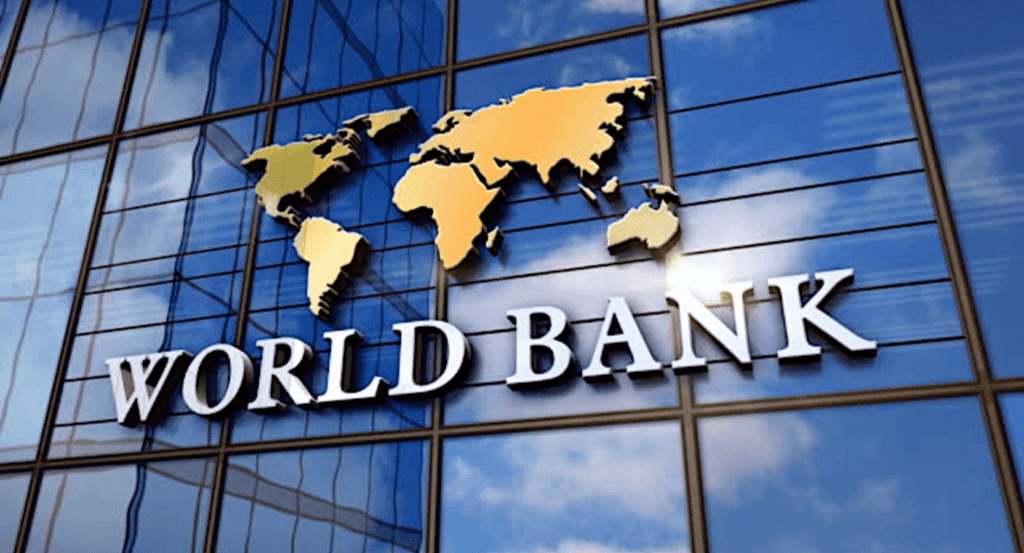In a bid to address economic challenges and support struggling households and businesses, Nigeria has secured a $500 million loan from the World Bank under its Community Action for Resilience and Economic Stimulus Program.
The loan, approved on March 28, 2025, is aimed at easing inflationary pressures, reducing food insecurity, and creating economic opportunities for vulnerable communities. It is also expected to strengthen grassroots-level interventions and foster long-term economic resilience.
How Will the $500M Loan Be Used?
The funding will be channeled directly to local communities through targeted programs such as:
- Financial grants to support small businesses affected by economic downturns
- Livelihood programs for low-income households
Food security initiatives to combat rising food prices - Economic empowerment projects for job creation in high-impact sectors
- Infrastructure development to enhance community resilience
By focusing on underserved communities, the World Bank believes the project will reduce economic vulnerabilities and help millions of Nigerians cope with rising living costs.
DON’T MISS THIS: Nigerian Boxer Segun Olanrewaju Dies After Collapsing in Ghana Fight
Two More World Bank Loans Expected by March 31, 2025
In addition to the $500 million loan, Nigeria is awaiting final approval for two additional loans worth $632 million from the World Bank:
- $80 million to accelerate nutrition programs, addressing malnutrition and food shortages
- $552 million to improve access to quality education, focusing on basic schooling for disadvantaged children
These loans are part of the World Bank’s broader development support for Nigeria, covering key areas like education, healthcare, and poverty alleviation.
Nigeria’s Growing Debt: A Cause for Concern
While these loans aim to alleviate economic hardship, they also contribute to Nigeria’s rising debt profile, sparking concerns among economic analysts.
- Under President Bola Tinubu’s administration, Nigeria has secured $7.45 billion in World Bank loans in less than two years.
- Despite these approvals, only $774.99 million (16%) has been disbursed as of July 31, 2024, raising questions about fund utilization and project implementation efficiency.
Nigeria’s Debt to the World Bank
Total debt: $17.32 billion
Breakdown:
- $16.84 billion owed to the International Development Association (IDA) (39.14% of Nigeria’s total external debt)
- $485.08 million owed to the International Bank for Reconstruction and Development (IBRD) (1.13% of external debt)
With rising interest rates and repayment obligations, Nigeria faces increasing pressure to manage its borrowing efficiently while ensuring funds are effectively utilized for public benefit.
Experts Warn About Transparency and Implementation Delays
Economic analysts have raised concerns about the slow pace of fund disbursement and the lack of transparency in project execution. They warn that:
- Poor management of borrowed funds could fail to deliver meaningful improvements for Nigerians
- Corruption and inefficiency in fund allocation could undermine the impact of these loans
- Without proper oversight, Nigeria’s debt burden could escalate, leading to long-term economic instability
What’s Next?
The Nigerian government must accelerate the implementation of these programs to ensure timely relief for struggling communities.
Accountability measures should be strengthened to prevent fund mismanagement.
The focus should shift from borrowing to domestic revenue generation, economic diversification, and private-sector-led growth.
As Nigeria navigates its economic recovery, the success of these initiatives will depend on transparent execution, effective planning, and proper coordination.
For now, all eyes remain on the government’s ability to deliver real economic impact with these new loans























